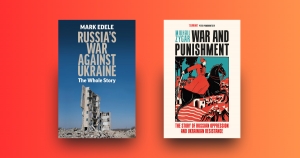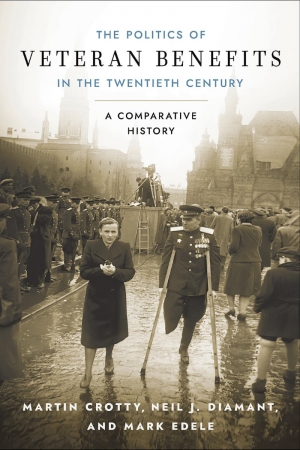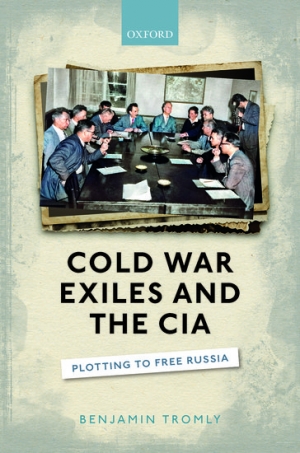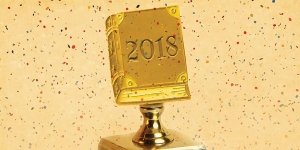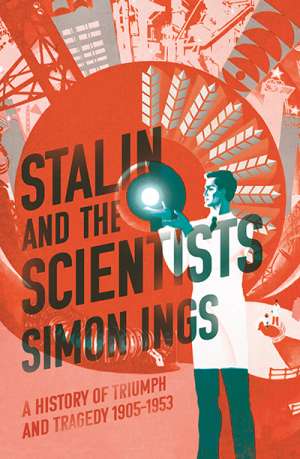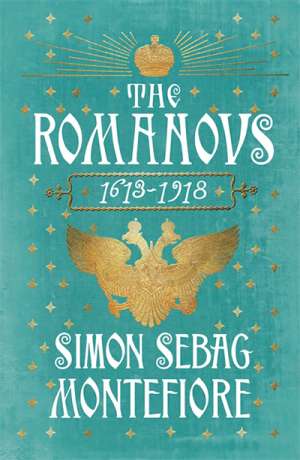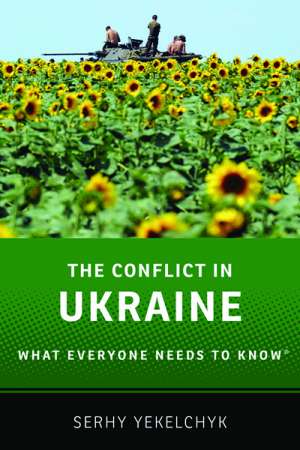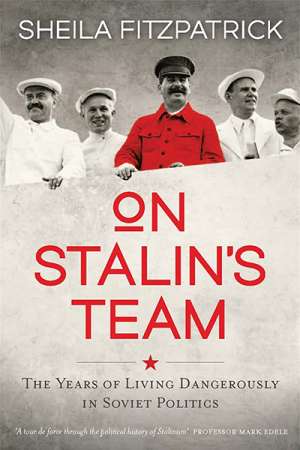Mark Edele
The political scientist Karl Deutsch once said that a nation is a group of people united by a mistaken view about the past. These two new accounts of the history of relations between Russia and Ukraine, and the nationalist distortions of that history, would seem to bear him out. Vladimir Putin’s historical arguments for the war against Ukraine are widely accepted by his fellow countrymen and women, prompting the Russian journalist Mikhail Zygar to argue, in War and Punishment, that this ‘imperialist’ history is ‘inherently addictive’ and ‘our disease’. But this is not a vice unique to Russians: the Australian historian Mark Edele points out, in Russia’s War Against Ukraine, that Ukrainian governments have also indulged in a ‘clumsy politics of memory’ by celebrating anti-Semitic, anti-Polish, and anti-Russian nationalists.
... (read more)Christina Twomey reviews 'The Politics of Veteran Benefits in the Twentieth Century: A comparative history' by Martin Crotty, Neil J. Diamant, and Mark Edele
Comparison, when it comes to historical study, is rarely devoid of ambition. The aim is to identify patterns that are global in their significance and to overcome the tendency to see a unique trajectory for particular places or nations. Yet such work frequently founders when it becomes apparent that the author’s knowledge of alternative cases is thin or that the claim to comparison is made to hide a focus that is in fact quite narrow. Not so in this co-authored book, which builds upon its three authors’ areas of expertise – the Anglosphere (Martin Crotty), Asia (Neil J. Diamant), and Europe (Mark Edele) – to deliver a compelling argument about veteran benefits in the twentieth century.
... (read more)Mark Edele reviews 'Cold War Exiles and the CIA: Plotting to free Russia' by Benjamin Tromly
Ivan Vasilevich Ovchinnikov defected to the Soviet Union in 1958. After three years in West Germany, he had had enough of the West with its hollow promises. He was a farmer’s son, and his family’s property had been confiscated and the family deported as ‘kulaks’ during Stalin’s assault on the Russian village in the early 1930s. Ovchinnikov managed to escape the often deadly exile, obscured his family background, and made a respectable career. Brought up in a children’s home, then trained in a youth army school, the talented youngster eventually entered the élite Military Institute for Foreign Languages in Moscow. In 1955, now an officer and a translator, he was sent to East Berlin as part of the army’s intelligence unit.
... (read more)To celebrate the best books of 2018, Australian Book Review invited nearly forty contributors to nominate their favourite titles. Contributors include Michelle de Kretser
... (read more)To celebrate the best books of 2017 Australian Book Review invited nearly forty contributors to nominate their favourite titles. Contributors include Michelle de Kretser, Susan Wyndham, James Ley, Geordie Williamson, Jane Sullivan, Tom Griffiths, Mark Edele, and Brenda Niall.
... (read more)'Why should you care about the Russian Revolution?' by Mark Edele
‘What about Lenin do you admire most?’ Catherine Merridale, author of Lenin on the Train (2016), answered as most historians would: ‘I can’t think of anything much to admire.’ That this question could be asked at all in 2017 shows that the Russian Revolution continues to fascinate. Such continuities with the mental world of ...
... (read more)Mark Edele reviews 'Stalin and the Scientists: A History of triumph and tragedy 1905–1953' by Simon Ings
The relationship between science and power is central to many struggles of the present. Politics impinges on science when funding is allocated to ‘applied’ or ‘fundamental’ research, when decisions are reached about what should be taught in schools, when governments determine if people can be forced to vaccinate their children, what kinds of interventions in ...
Mark Edele reviews 'The Romanovs: 1613-1918' by Simon Sebag Montefiore
The history of (not so) great men and women, their lovers, wars, and marriages is back. After social historians from the 1970s reduced kings and queens to 'clowns in ...
... (read more)Mark Edele reviews 'The Conflict in Ukraine: What everyone needs to know' by Serhy Yekelchyk
For more than a year and a half the armed conflict in Ukraine has touched many in Australia. On 17 July 2014, Malaysia Airlines Flight 17 crashed in the war zone after being hit by a surface-to-air missile. There was a short burst of jubilation by pro-Russian rebels on social media, before it became clear that this was not a military machine but a civilian airliner. ...
I first encountered Sheila Fitzpatrick's work in the mid-1990s. The 1986–87 controversy in The Russian Review about how to write a social history of Stalinism was taught as a milestone in the historiography of my field. Instinctively, I took sides against my professors and with Fitzpatrick's call to remove the state from the centre of analysis, a methodol ...

